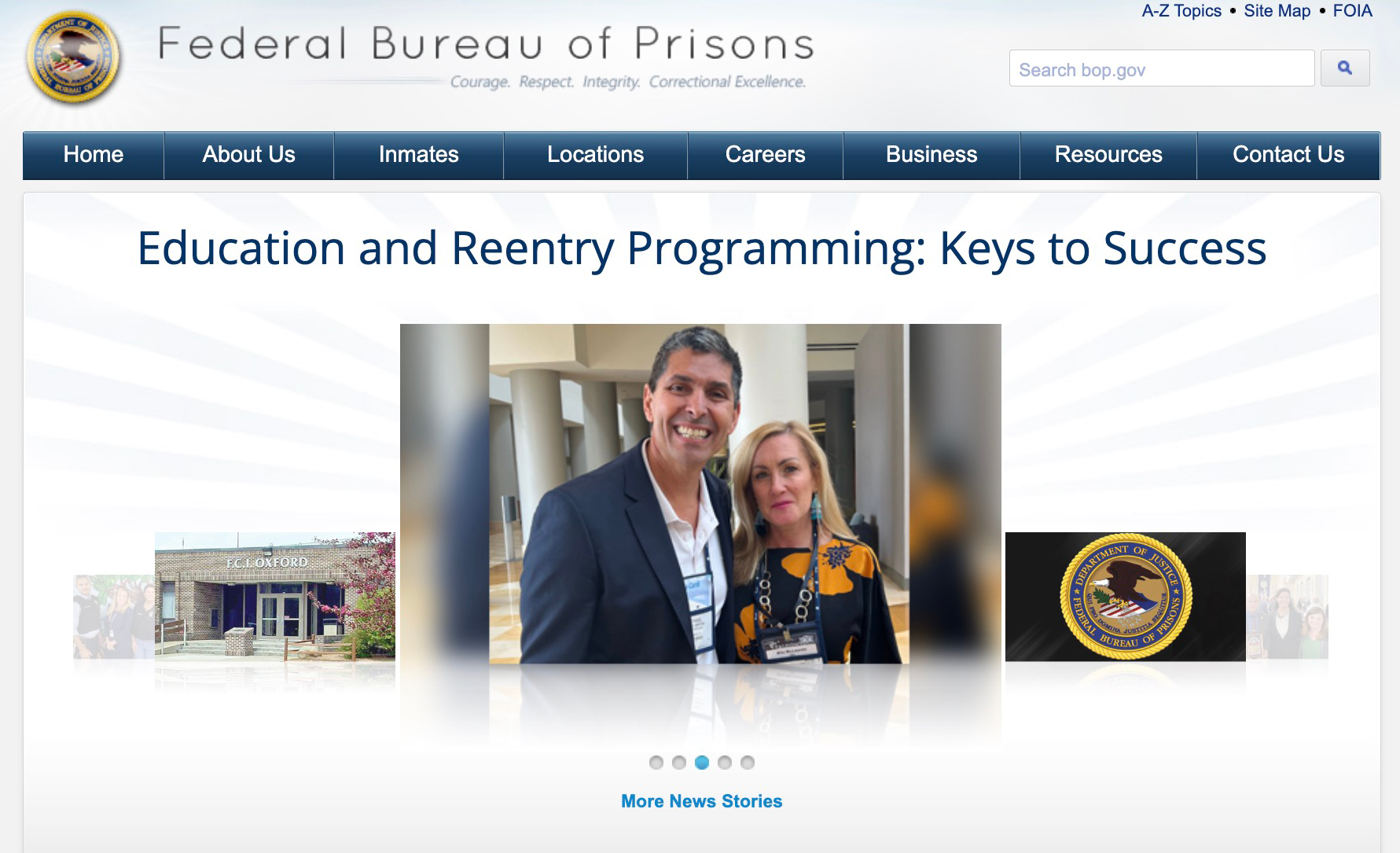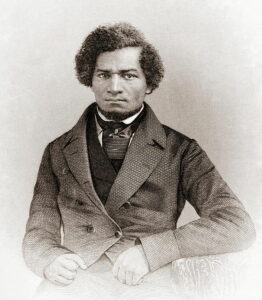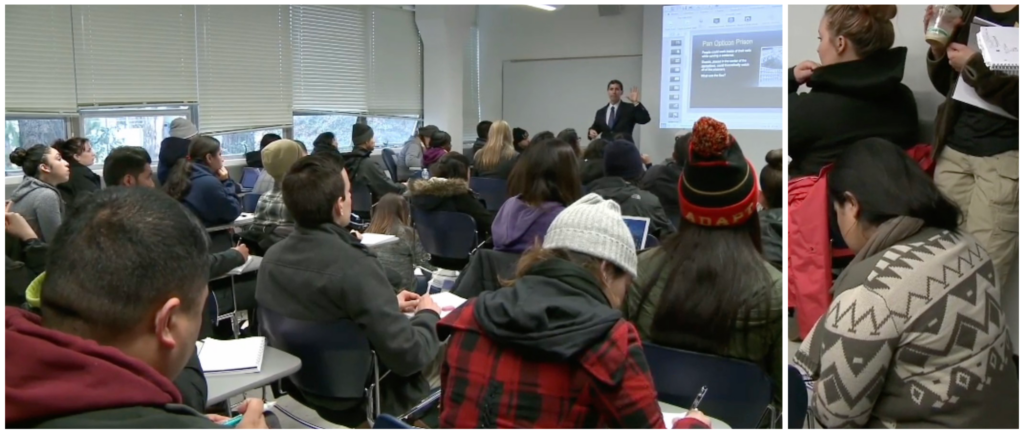Planning
Memorializing commitments to prepare for success
Planning is essential for any person who wants to prepare for success after prison. Unfortunately, people in prison do not get that message as often as they should. They need examples to show how early planning contributes to success upon release. Our courses show how people in prison can work to:
- Define the best possible outcome,
- Create a plan that will advance them from struggle to increasing levels of liberty,
- Identify priorities so they know how incremental progress leads to new opportunities,
- Build tools, tactics, and resources that open more opportunities,
- Measure progress with personal accountability metrics,
- Execute their plans daily, making adjustments as necessary.
Our courses prompt people in jails and prisons with lessons and exercises they can use to memorialize their progress, helping them to build effective release plans. Through personal-development, they recalibrate and prepare to emerge as law-abiding, contributing citizens.
We’re proud to collaborate with leaders of federal and state prisons to help more people prepare for success upon release.
 We strive to help people in custody understand the importance of sowing seeds for success. No one should work harder than the individual to prepare for a life of meaning, relevance, and contribution.
We strive to help people in custody understand the importance of sowing seeds for success. No one should work harder than the individual to prepare for a life of meaning, relevance, and contribution.
We learned these lessons from studying leadership.
Validating Story:
My name is Michael Santos, and I made terrible decisions as a young man. During the recklessness of my youth, I sold cocaine. In 1987, authorities arrested me. Rather than accepting responsibility and working to make amends, I made a series of decisions that exacerbated my troubles. From the start of my journey in prison,
I hoped to work toward improving outcomes for everyone in the system. I completed my obligation to the Bureau of Prisons in 2013, and since then, I’ve worked hard to share the lessons that I learned from leaders.
By documenting that journey through prison, opportunities opened to return to society as a law-abiding, contributing citizen. A Wikipedia page shows how preparations in prison led to opportunities upon release.
I spent the first year of my sentence in solitary confinement. The only thing I wanted was to get out.
After a jury convicted me and I awaited my sentencing, an officer passed me a series of books. Those books changed my life. Reading about Frederick Douglass, Socrates, Nelson Mandela, Viktor Frankl, and others made me realize the importance of reconciliation.
 From that moment forward, I began preparing for success upon release.
From that moment forward, I began preparing for success upon release.
A federal judge sentenced me to serve a 45-year sentence when I was 23. By studying leaders during the 9,500 days that I lived in federal prisons of every security level, I learned lessons that would help me succeed through prison and upon release.
Leaders helped me accept that regardless of a person’s bad decisions in the past, anyone could begin working to make amends and reconcile.
Personal Release Plans:
I would need an effective release plan. That plan required that I reject the negativity of confinement and focus on sowing seeds for success. Opportunities for success upon release would open if I spent time working to:
- Earn academic credentials,
- Contribute to society in meaningful, measurable ways, and
- Build an influential support network.
Those strategies opened opportunities during the time that I served. They allowed me to emerge with my dignity intact and with opportunities to prosper.
Once I concluded my obligation to the Bureau of Prisons, I became an adjunct professor at San Francisco State University and began creating programs to help more prisoners prepare for success.

Since so many people helped me prepare for success upon release, I have devoted my career to building a “ministry” that would help more people use their time in prison to prepare for success. That commitment formed the roots of Prison Professors.
Being the Change We Want to See:
We created Prison Professors Talent to help more people in prison memorialize the steps they’re taking to prepare for success upon release. The better they prepare, the more effective they will be at overcoming the challenges that follow a criminal conviction.
Collaborations between prison administrators, businesses, and individuals are opening up opportunities. We encourage participants to document their steps to prepare for success upon release.
Every day, we offer lesson plans to prompt members of our community with ideas. Those who have access to email, directly or indirectly, can show their progress in building effective release plans.
These transparent efforts show our commitment to the change we want to see
We hope that others will support our efforts by offering scholarships that allow more people in custody to join our community and prepare for success upon release by building effective release plans.




